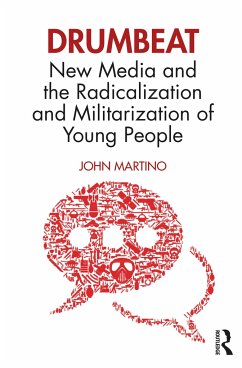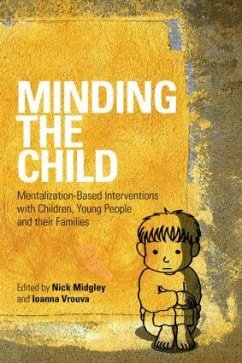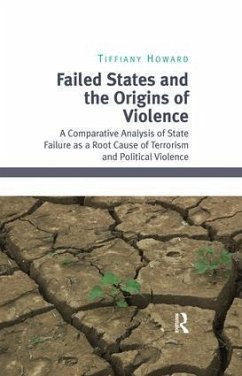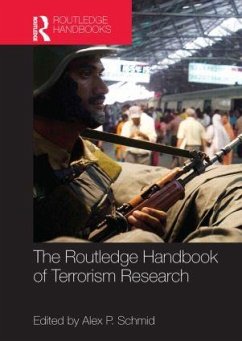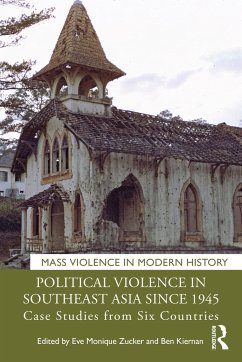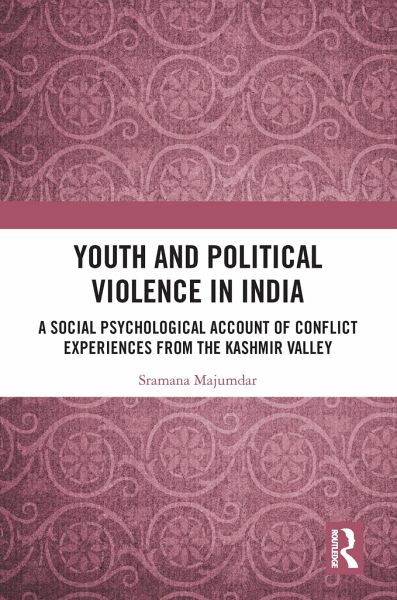
Youth and Political Violence in India
A Social Psychological Account of Conflict Experiences from the Kashmir Valley
Versandkostenfrei!
Versandfertig in 6-10 Tagen
45,99 €
inkl. MwSt.
Weitere Ausgaben:

PAYBACK Punkte
23 °P sammeln!
This book offers a sociocultural and interdisciplinary understanding of the impact of political violence on youth behaviour. Drawing on extensive fieldwork in the Kashmir valley and reports from conflict areas across the globe, the volume brings into focus the ways in which violence affects social and psychological dynamics within the individual and the community. It develops a social psychological approach to the study of youth and violent conflict in South Asia, and offers new insights into the intricacies within the discourse. Focussing on the emotions and behaviour of people in largescale ...
This book offers a sociocultural and interdisciplinary understanding of the impact of political violence on youth behaviour. Drawing on extensive fieldwork in the Kashmir valley and reports from conflict areas across the globe, the volume brings into focus the ways in which violence affects social and psychological dynamics within the individual and the community. It develops a social psychological approach to the study of youth and violent conflict in South Asia, and offers new insights into the intricacies within the discourse. Focussing on the emotions and behaviour of people in largescale conflict, it expands the discourse on the psychological dimensions of hope, aggression, emotion regulation and extremist mindset to inform policy and intervention for peacebuilding.
Moving beyond Western psychiatric models, this book proposes a more culturally and historically rooted analysis that focusses on collective experiences of violence to de-colonise psychological science and expand the understanding of youth's experiences with political violence. The volume will be of great interest to scholars and researchers of politics, psychology, peace and conflict studies, sociology and social anthropology.
Moving beyond Western psychiatric models, this book proposes a more culturally and historically rooted analysis that focusses on collective experiences of violence to de-colonise psychological science and expand the understanding of youth's experiences with political violence. The volume will be of great interest to scholars and researchers of politics, psychology, peace and conflict studies, sociology and social anthropology.








